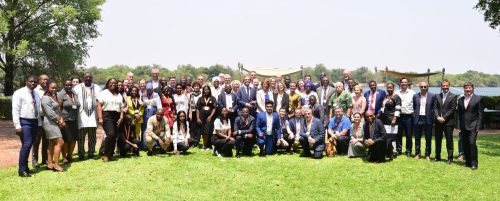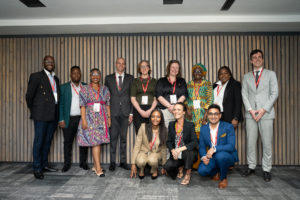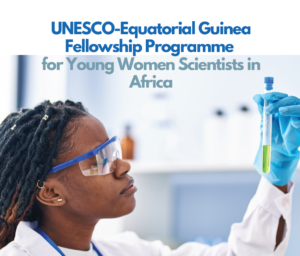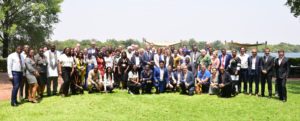The PanAfGeo programme was launched in 2016 and is scheduled to end this year. During this time, it has trained nearly 1,750 geoscientists from across Africa in several fields of geosciences. This initiative is succeeded by the PanAfGeo+ programme, which will continue to promote the partnership between the European Union and Africa.
On 22 and 23 October 2024, the Republic of Zambia hosted the final meeting of the second phase of the PanAfGeo project in Livingstone. This meeting was an opportunity to review the results of this unique pan-African geosciences capacity-building project and based on cooperation between the African Union and the European Union.
PanAfGeo is a pan-African project co-funded by the European Union and a consortium of European geological surveys. The project involved two phases, the first between 2016 and 2019 and the second between 2021 and 2024. Overall, the project represents an investment of around €20 million. PanAfGeo is helping to strengthen collaboration between the associations of European geological surveys (EuroGeoSurveys) and African geological surveys (OAGS), as well as contributing to the Africa-EU partnership.
Bringing together some forty African and European nations, the meeting was attended by the Head of the European Union Delegation to Zambia, H.E. Ms Karolina Stasiak, the French Ambassador to Zambia, H.E. Mr Thomas Rossignol, the Director of the Zambian Geological Survey, Mr Gerald Mwila, the President of the Organisation of Geological Surveys of Africa (OAGS), Ms Rokhaya Samba Diene, the Secretary General of EuroGeoSurveys, Ms Julie Hollis, the Director of EuroGeoSurveys Secretariat, Ms Céline Andrien, and BRGM project coordinators, Mr Jean-Claude Guillaneau and Mr Nicolas Charles.
Between 2021 and 2024, PanAfGeo organised 30 training sessions in English, French and Portuguese, allowing 665 participants from 53 African geological surveys to study a range of topics: geoscientific mapping, mineral resources assessment, artisanal and small-scale mining, geoheritage, environmental management of mines, geohazards, geoscientific information management and, communication and dialogue in geoscience. The trainings were all organised in Africa, with the involvement of 17 host countries.
Almost 1,750 African geoscientists (60% men and 40% women) from 54 African countries were able to take part in PanAfGeo, organised in two phases between 2016 and 2024. A total of 22 African host countries hosted 72 training sessions. This is a unique result for a geosciences project on the African continent.
The meeting was an opportunity to present the results to project players and stakeholders in the form of oral presentations and posters for each of the technical components. One original aspect of this final meeting was that 16 former trainees from several African countries were invited to talk about their experience following their participation in PanAfGeo training sessions. Their input provided a practical illustration of the value and benefits of the project for African geological surveys.
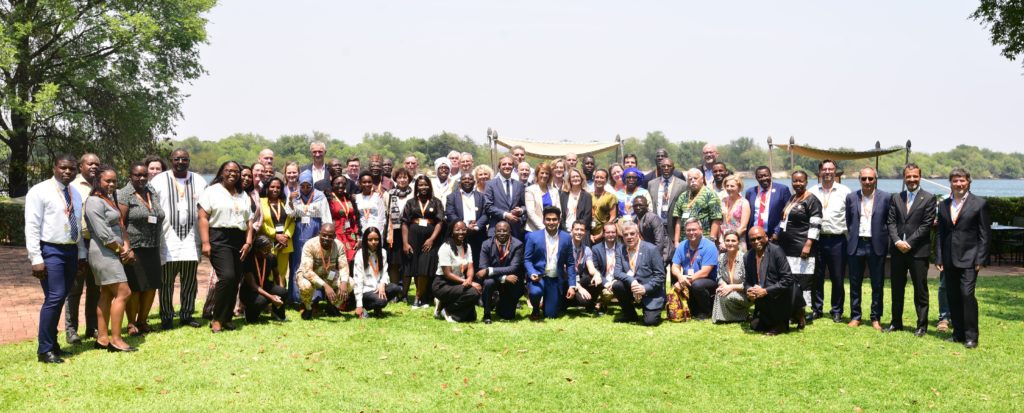

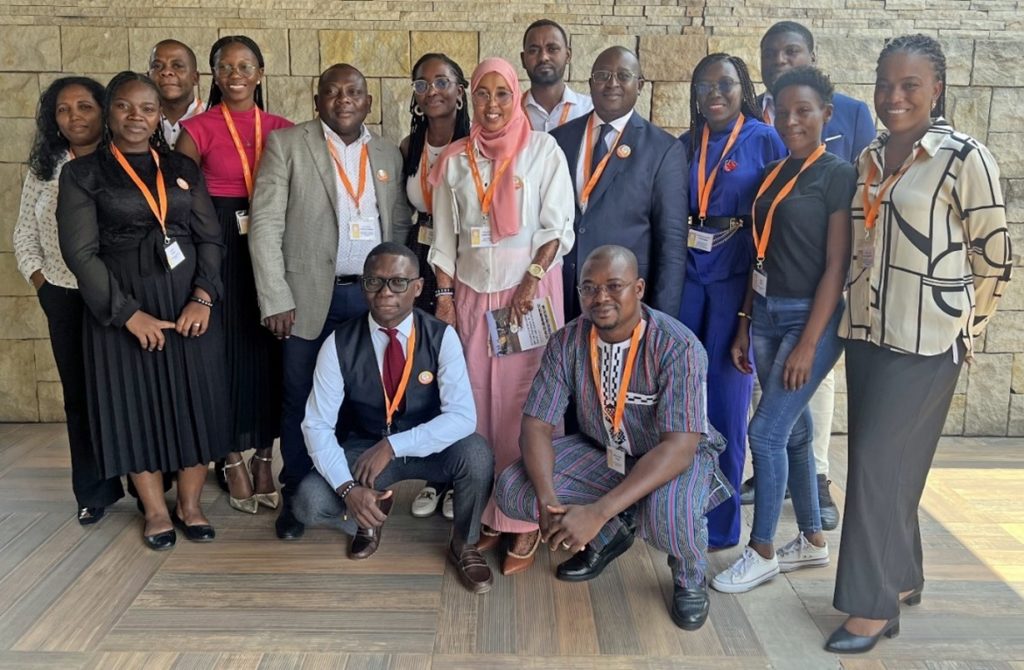
A workshop was also organised for European and African managers on the concept of governance within a geological survey, with the support of the Geological Survey of the Netherlands (TNO). Several working groups discussed the different governance models implemented by the European and African geological surveys present.

Building on a success that is unanimously recognised by all the participants, including the independent African and European experts making up the Advisory Board, PanAfGeo is contributing to greater collaboration between Europe and Africa through their geological surveys. A network linking up the geoscientific community now exists on both continents.
Speaking on behalf of the European Union, the European scientific officer, Catherine Ghyoot announced plans to continue this initiative with funding for a new programme called “PanAfGeo+ / Support to Geosciences and Technologies” between 2025 and 2029. The network will be able to contribute to the sustainable management of geological resources in Africa and to promote the scientific and economic partnership between the EU and Africa in the field of geosciences and, more particularly, raw materials.
PanAfGeo+ will seek to:
- Strengthen institutional partnerships between the EU and Africa in the geosciences field at continental, regional and national levels;
- Continue to strengthen African geological surveys and OAGS through geoscientific intelligence and national, regional and continental support for policy-making and planning processes;
- Promote economic partnerships between the EU and Africa for the value chains of critical raw materials, as initiated with the AfricaMaVal project.
About the PanAfGeo project
PanAfGeo is a pan-African project co-funded by the European Union and a consortium of European geological surveys. Launched in 2016, it contributes to greater collaboration between the Association of European Geological Surveys (EuroGeoSurveys) and the Organisation of the African Geological Surveys (OAGS) as well as to the Africa-EU partnership. Through this project, participants are able to acquire practical tools, methods and knowledge in several geoscientific fields (geoscientific mapping, mineral resources assessment, artisanal and small-scale mining, geohazards, environmental management of mines, geoheritage, geoscientific information management, communication and dissemination). The project supports the training of staff in the African geological surveys, strengthening their skills and knowledge.
Watch the video of the PanAfGeo Project, here.

